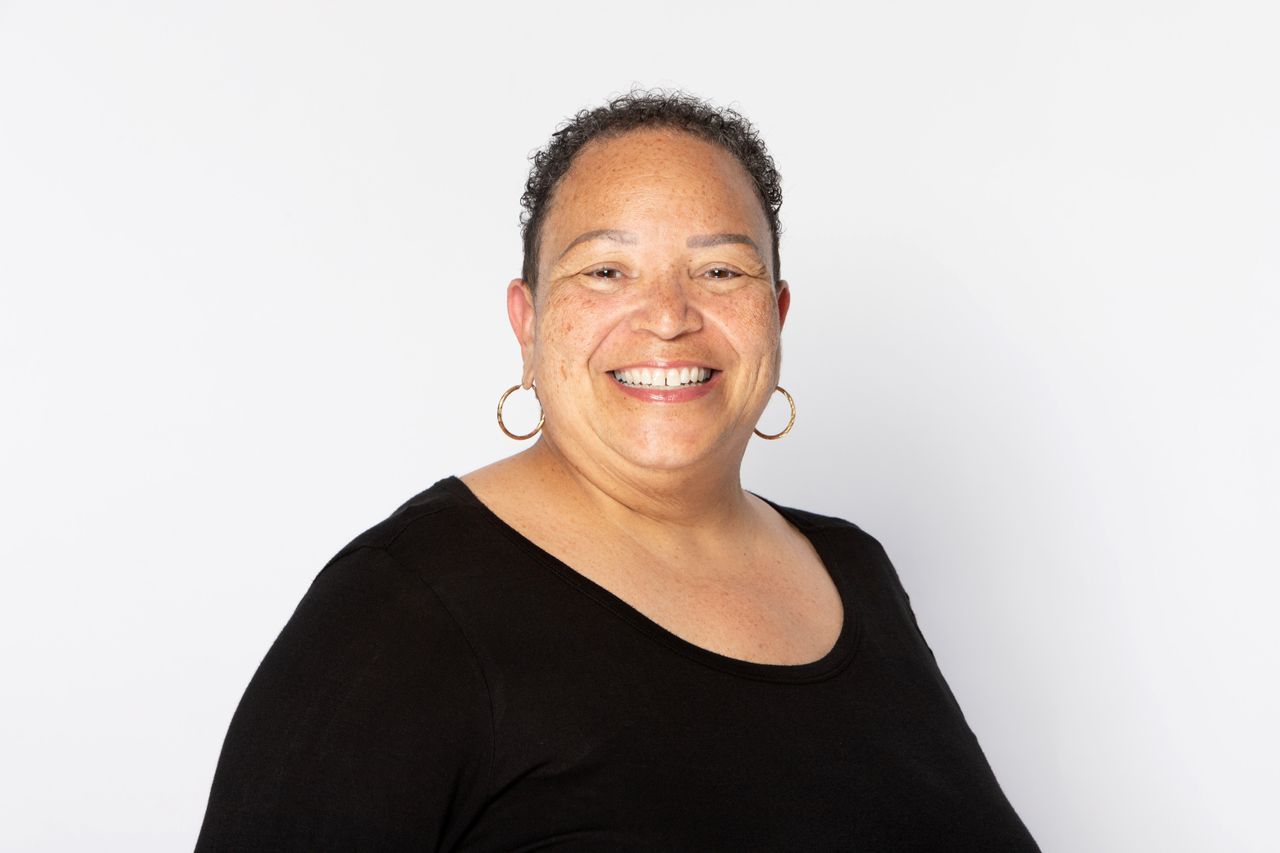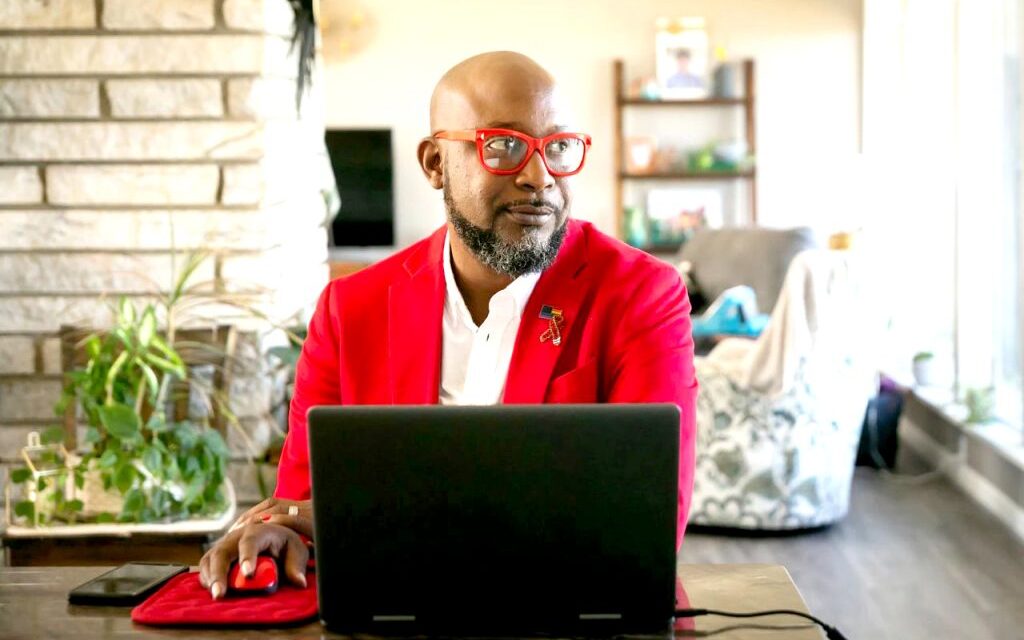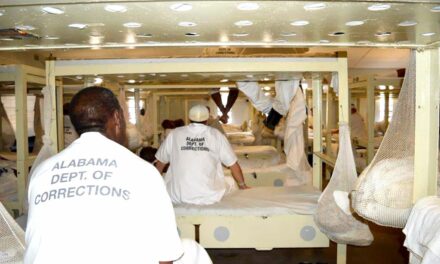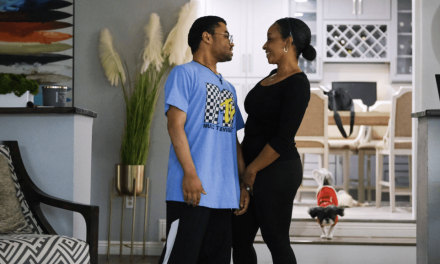Warren O’Meara-Dates began planning his future ministry in 2009 from an Atlanta hospital bed, even though doctors told him the complications from his HIV/AIDS diagnosis would kill him in about a week.
He told the doctors, “I’ll be the medical miracle that you guys went to school to study.”
“This is why I’m here,” O’Meara-Dates said. “This is what I was born to do.” With his mother at his bedside, he created an HIV/AIDS organization that didn’t exist for him locally in his hometown of Gadsden, one “that spoke to Black and brown folks and folks in the LGBTQ community.”
Despite battling symptoms from his treatment, he created a board of directors. Within a couple of months, he chartered the 6:52 Project Foundation and held events to commemorate National Black HIV/AIDS Awareness Day. Within seven months, the virus lowered to undetectable levels and hasn’t returned.
“(HIV/AIDS awareness) truly became the nexus to my ministry,” he said. O’Meara-Dates had received his license to become a minister about five years before. “This is my saving grace. So I did what I was called to do and have been doing it ever since.”
His calling to become a minister goes against his normally quiet personality. O’Meara-Dates doesn’t enjoy the spotlight, nor does he like talking about himself. When his board told him to name the foundation after himself, he disagreed because he wanted to focus on saving lives. Instead, he decided to call the foundation after the time he was born.
“I didn’t learn that I was born at 6:52 a.m. until I was laying in the hospital bed starting this charter,” O’Meara-Dates said. “Only then did it ever matter to me what time I was born. I had no reason to ever ask that question before.”
Once O’Meara-Dates established the organization, he began working with women and youth in particular but also began expanding from HIV/AIDS awareness to education and treatment. The foundation operates using private donations, sub-grant awards, and individual client contracts. Instead of a church, O’Meara-Dates said the community is his pulpit.
The HIV/AIDS training and sexual health curriculum he devised, called “My Health. My Community. My Power.” not only fulfilled his childhood dream of being a teacher but now reaches 47 Alabama counties through the Department of Public Health.
O’Meara-Dates, who is bisexual, doesn’t desire a church full of congregants to advise. Still, he counsels people daily, including Christian ministers who cannot come out as LGBTQ. He said his personality of staying quiet has made him a good listener and encourages other people to be themselves.
“I do a great job of lauding other folks and what they’re able to do and how I’m able to effectuate their success,” O’Meara-Dates said. He focuses on the work and not himself, particularly the women in his life who have raised him to be the person he is.
O’Meara-Dates’ voice quivering with emotion, he said he vowed not to leave this world without helping Black women, who he feels have been underappreciated.
“The women in my life always were those that challenged me most and that I related to most,” he said.

One of the women he admires is Dr. Marguerite Barber-Owens, who helps with a sexual and reproductive health clinic on East Meighan Boulevard as part of the 6:52 Foundation. In March, she retired after practicing internal medicine in Alabama for 37 years. However, Dates’ mission and his commitment to ensuring she made a difference brought her out of retirement.
“(O’Meara-Dates is) just trying to do great things (and) make a footprint in people’s lives,” Barber-Owens said. “That moved me more than any of the other places that I have worked.” She can fulfill what she says is a calling, not just a job.
She works from noon to 9 p.m. going over treatment options, providing education and aid to those with an HIV diagnosis. She said she tries to listen intently and meet people where they are. O’Meara-Dates provides the right environment for Black women to feel “comfortable and valued” to fulfill their potential.
“I can make a difference with someone else who is making a difference in his community,” she said.
By bringing in people like Barber-Owens, O’Meara-Dates wants to fulfill Gadsden’s motto of the “City of Champions.”
His voice again filled with emotion, and he acknowledged that his place in the community stems from “knowing where I’ve come from and the hardships and sacrifices that my family have made for me (and) being able to return that in some sense, not just for them but for my whole community.”
He added, “I keep rising.”










